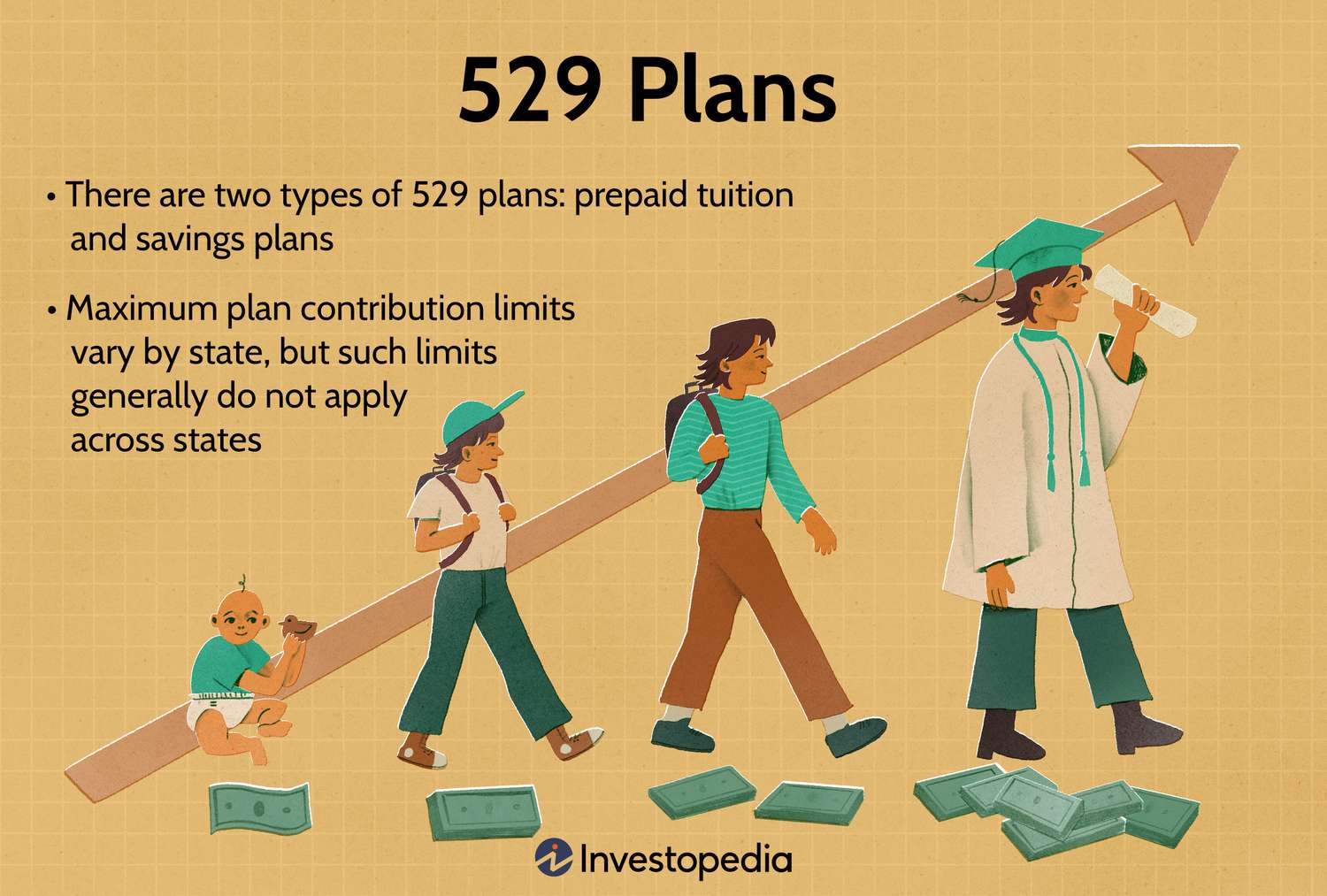The Benefits of a 529 Plan: A Comprehensive Guide
When it comes to saving for your child’s future education, a 529 plan can be a powerful tool. In this article, we will explore the numerous benefits of a 529 plan and how it can help you secure a brighter future for your loved ones.
Tax Advantages
One of the most significant advantages of a 529 plan is the tax benefits it offers. Contributions to a 529 plan are made with after-tax dollars, meaning you won’t receive a federal tax deduction for your contributions. However, the real benefit lies in the tax-free growth of your investments within the plan. As long as the funds are used for qualified education expenses, any earnings are exempt from federal taxes.
Additionally, many states offer tax deductions or credits for contributions to a 529 plan. These state-level incentives can provide further savings, making a 529 plan an even more attractive option.
Flexibility in Beneficiary
Another advantage of a 529 plan is its flexibility in terms of the beneficiary. If your child decides not to pursue higher education, you can easily change the beneficiary to another family member, such as a sibling, cousin, or even yourself. This versatility ensures that your hard-earned savings won’t go to waste and can be utilized by another loved one for educational purposes.
Control and Ownership
When you contribute to a 529 plan, you retain control and ownership of the account. Unlike some other types of educational savings accounts, your child does not gain access or control over the funds once they reach adulthood. This ensures that the money you save will be used for its intended purpose and not diverted for other expenses.
High Contribution Limits
529 plans have high contribution limits, allowing you to save a substantial amount for education expenses. While each state sets its limit, many plans have limits over $300,000 per beneficiary. This generous allowance allows you to fully fund your child’s education or provide a significant head start.
Diverse Investment Options
Unlike some other savings vehicles, 529 plans offer a wide range of investment options. From conservative to aggressive portfolios, you can choose an investment strategy that aligns with your risk tolerance and financial goals. This flexibility allows you to tailor your investment approach to meet your specific needs and preferences.
No Income Restrictions
Unlike some other education savings accounts, 529 plans have no income restrictions. This means that regardless of your income level, you can contribute to a 529 plan and take advantage of its benefits. Whether you’re a high-earning individual or have a modest income, a 529 plan is accessible to all, making it an inclusive option for families from all financial backgrounds.
Protection from Financial Aid Impact
When it comes to financial aid eligibility, a 529 plan offers favorable treatment. While the funds in a 529 plan are considered an asset of the account owner (usually the parent), they have a minimal impact on the student’s eligibility for need-based financial aid. This means that your child can still qualify for scholarships, grants, and other forms of financial aid, even if they have a substantial 529 plan in their name.
Estate Planning Benefits
529 plans also offer estate planning benefits. By contributing to a 529 plan, you can reduce your taxable estate while maintaining control over the funds. Additionally, 529 plans allow for accelerated gifting by utilizing the annual gift tax exclusion. This allows you to make a lump sum contribution up to the gift tax exclusion amount without incurring gift tax or utilizing your lifetime gift tax exemption.

A 529 plan is a powerful tool that provides numerous benefits for those saving for education expenses. From tax advantages to flexibility in beneficiaries, high contribution limits, diverse investment options, and more, a 529 plan can help you secure a brighter future for your loved ones. Consider exploring the options available to you and take advantage of the benefits a 529 plan has to offer.
Frequently Asked Questions about the Benefits of 529 Plans
1. What is a 529 plan?
A 529 plan is a tax-advantaged savings plan designed to encourage saving for future education expenses.
2. What are the benefits of a 529 plan?
The benefits of a 529 plan include:
Tax advantages: Earnings grow tax-free and withdrawals for qualified education expenses are also tax-free.
Flexibility: Funds can be used for tuition, books, room and board, and other qualified education expenses.
Control: The account owner retains control over the funds and can change beneficiaries if needed.
State tax benefits: Many states offer additional tax incentives for residents who contribute to a 529 plan.
3. Who can open a 529 plan?
Anyone can open a 529 plan. Parents, grandparents, other family members, and even friends can contribute to the plan.
4. Are there contribution limits for a 529 plan?
Yes, each state sets its contribution limits, which can vary. However, most plans have high contribution limits, often exceeding $300,000 per beneficiary.
5. Can I use a 529 plan for expenses other than college tuition?
Yes, you can use a 529 plan for qualified education expenses, which include not only college tuition but also K-12 tuition and certain vocational schools.
6. What happens if my child decides not to attend college?
If the designated beneficiary decides not to attend college, you have several options. You can change the beneficiary to another family member, use the funds for your education, or withdraw the funds (subject to taxes and penalties).
7. Can I use a 529 plan for out-of-state colleges?
Yes, you can use a 529 plan to pay for qualified education expenses at eligible institutions nationwide, not just in your home state.
8. Do 529 plans have an impact on financial aid?
Yes, 529 plans can affect financial aid eligibility. However, the impact is generally minimal, as they are considered an asset of the account owner, not the student.
9. Can I have more than one 529 plan?
Yes, you can have multiple 529 plans for the same beneficiary or different beneficiaries. However, there may be state-specific limitations on the total amount you can contribute across all plans.
10. Can I transfer funds from one 529 plan to another?
Yes, you can transfer funds from one 529 plan to another for the same beneficiary without incurring taxes or penalties.




